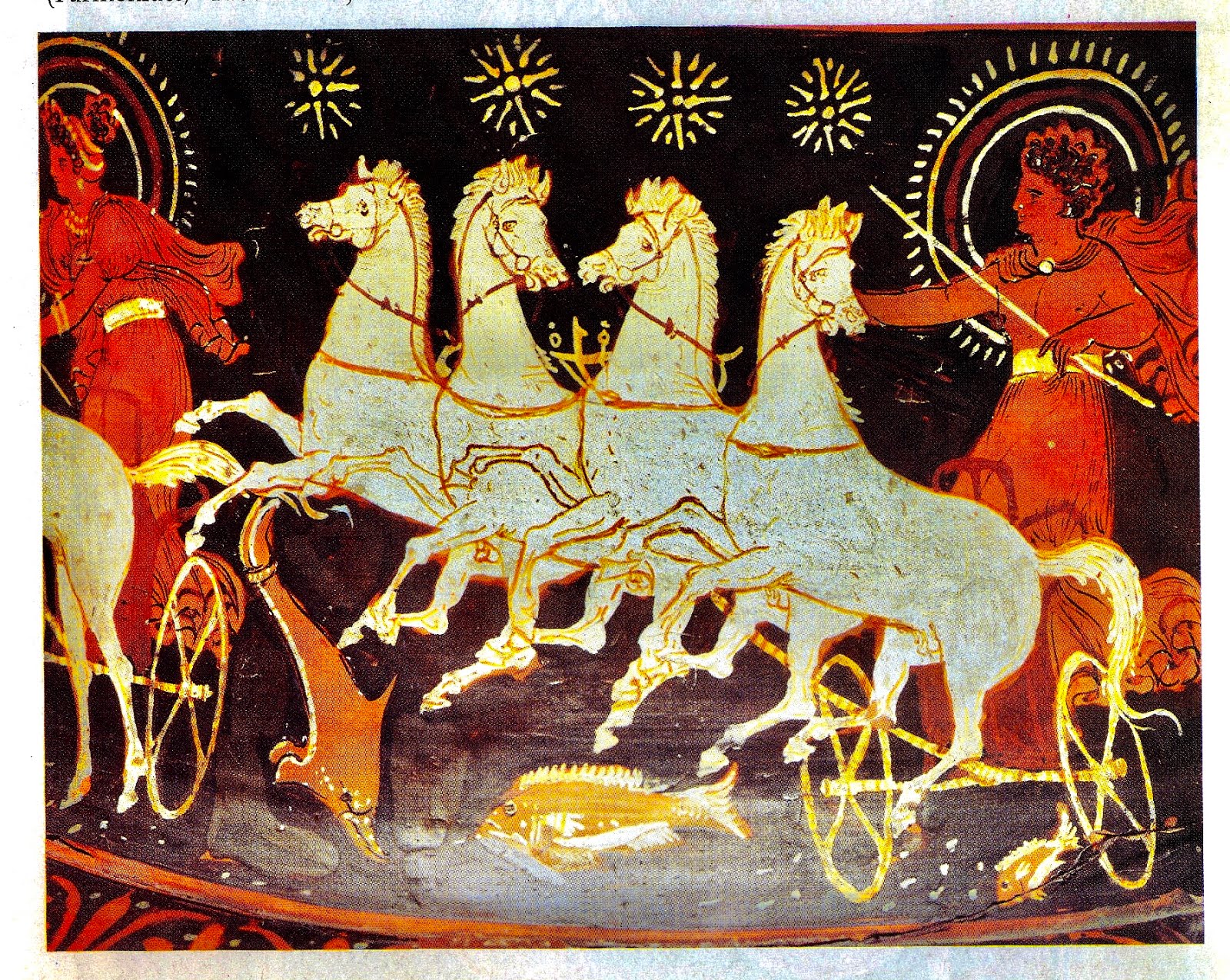Marble column showing an uprooted woman in honor of the hundreds of thousands of Greeks uprooted from Asia Minor. Park in Nikaia, near Piraeus, Greece. Photo: Evaggelos Vallianatos. 100-meter sprint In 1960, I was a high school junior in Argostoli, Cephalonia, a Greek island in the Ionian Sea between Greece and Italy. In addition to my regular classes in science and humanities, I was also learning English. I had decided that, at the end of my senior year, I would leave Cephalonia and Greece for the United States for a college education. My years in high school, 1956-1961, were the happiest in my life. I was thoroughly innocent of the dangers of the raging Cold War, though I had vague memories of the Greek Civil War, 1946-1949, from stories I heard. I was an outstanding student. I excelled in athletics as well, especially in 100-meter sprint. My boyfriends were also athletes. We trained together and often, when the weather was nice, we walked together in the city’s square, h
